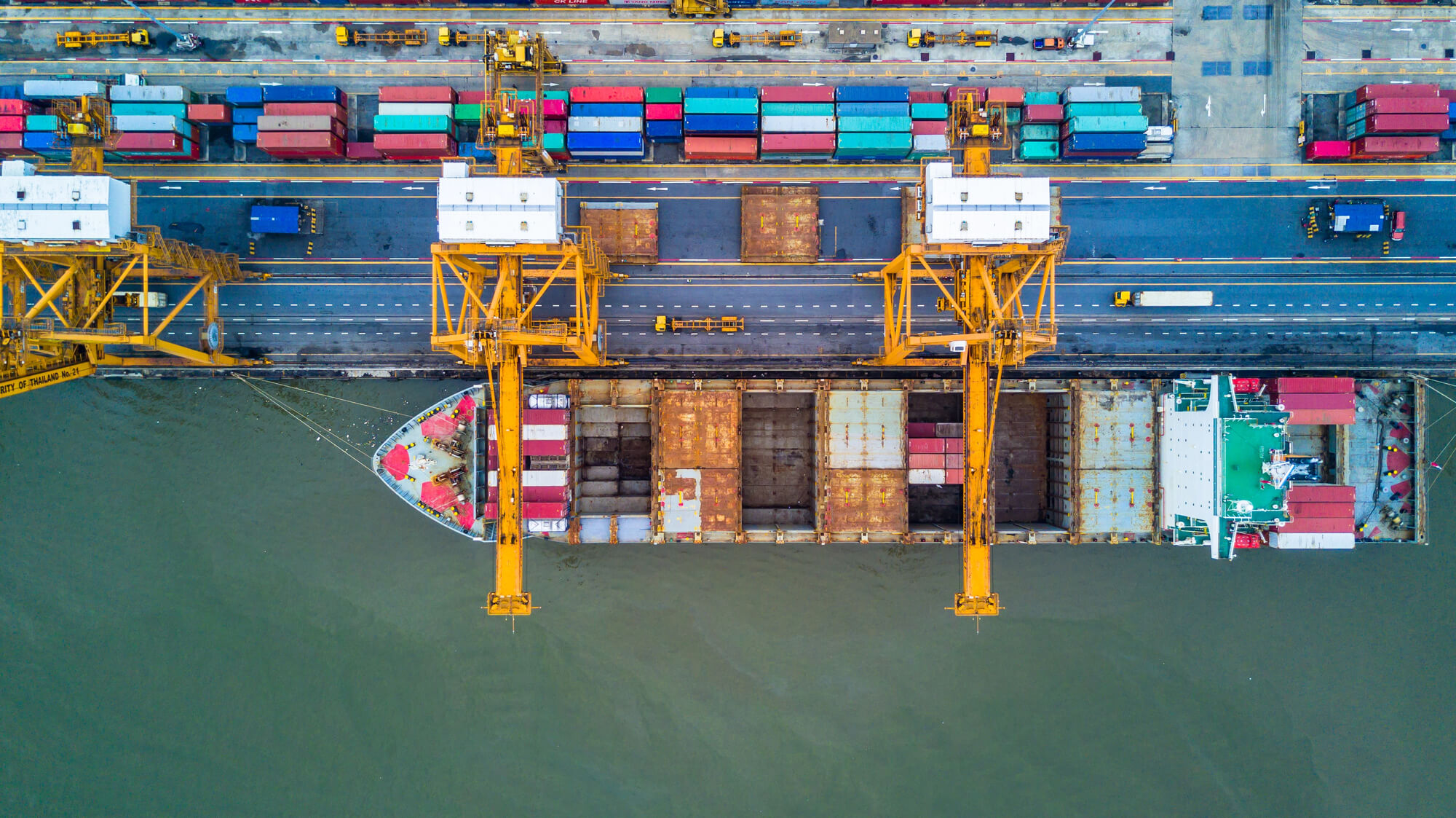The Russian war in Ukraine is far from being over, but perhaps it is a natural time to think about what will happen after the Russian aggression is defeated. Indeed, the allies were discussing the future of Europe and the global order well before the downfalls of Nazi Germany and Imperial Japan. Those early conversations were meant to lay the foundations for a lasting peace. Perhaps, inspired by this historical precedent, some observers – notably Russians such as exiled Navalny aide Leonid Volkov and others aiming to run the country after Putin – suggest that there should be a Marshall Plan for Russia and Belarus.
Authors: Yuriy Gorodnichenko, Ilona Sologoub, Tetyana Deryugina, Tanya Babina, James Hodson.
The underlying argument is usually that Germans were hurt by reparations after World War I, and this resentment gave rise to Hitler. To avoid another wave of resentment in Russia, the West should give resources to a post-Putin government to keep the masses happy with a new regime.
We are not going to debate the role of reparations in igniting WWII (to be clear, neither Imperial Japan nor Fascist Italy had paid any reparations after WWI), but we would like to raise a few questions and provide some inputs for possible answers, to shed more light on how to deal with post-war Russia.
First, how will a “Marshall plan” for Russia prevent a future Russia from nuclear blackmail? If there is no credible device to ensure that Russia is not going to threaten its neighbors or the global community with nuclear weapons, giving aid can feed the beast (i.e., help Russia restore its military might) rather than provide a long-term peace. This is not an academic question. The 300-year history of the Russia/Soviet empire gives little hope that a serial aggressor can fundamentally alter its way of life (remember a 1954 Soviet military exercise with ground troops storming a target after an actual nuclear strike to see whether the USSR could use nuclear weapons to conquer Western Europe). The Russian invasion of Ukraine (as well as other aggressions) violated so many bilateral (e.g., the Ukraine-Russia friendship agreement) and multilateral (e.g., UN Charter) treaties that a Russian promise of good behavior in the future is not credible. There seems to be nothing that will stop Russia from rattling or using nuclear weapons after receiving aid unless Russia has no nuclear weapons.
Second, why did resentment not arise in Germany (or Japan or Italy) after World War II? Was it because Nazi Germany was ultimately defeated and went through denazification? Perhaps the defeat with an occupation aiming to denazify the country rather than the Marshall plan is behind today’s German pacifism. In a similar spirit, the occupation of Italy and Japan was used to rebuild institutions of these countries to make sure that another bout of militarism will not appear in these places. It is true that resources of the Marshall plan helped, but throwing money at a problem was not and will not be enough. Demilitarization of Russia is a core requirement for a durable peace.
Third, how do we know that aid will be in “good hands”? Today, after 10 months of the full-scale war, nearly 80% of Russians approve of what Putin does and 65% believe that their country is going in the right direction (about ¾ support the war). Even after a partial mobilization, the Russian society was able to muster just a few cases of dissatisfaction with the poor equipment of mobilized troops, and no visible disapproval of the war itself. Moreover, the majority of the Russian population has a negative attitude to the US, EU, and Ukraine. One may want to blame propaganda for this. However, propaganda is effective only when it is aligned with deep-seated beliefs of the population. Russian TV channel Dozhd, although based outside Russia and allegedly in opposition to Putin, nevertheless, repeatedly displayed Crimea as a part of Russia and pleaded to help the Russian army. Rashism with its deeply implanted feeling of superiority towards other nations is Russia’s ideology, drawing clear parallels to Nazi Germany. In short, it is extremely naive to hope that a free and democratic Russia would emerge after the demise of Putin’s regime. There has to be a reboot of the country to remove the poison of rashism.
Finally, how can help be given to somebody who does not admit guilt and does not treat neighbors with respect? The “resentment” story ignores the rights and needs of Russia’s victims. The unwillingness of “old” Europe and the Russia/Soviet empire to recognize the agency of Eastern European countries led to many wars. The infamous Munich deal is perhaps the most despicable embodiment of this policy, but there are others. For example, Finland in 1940 was left on its own against a much larger aggressor, and eventually was forced not only to cede a large part of its territory but also to pay reparations to the USSR (interestingly, despite this Finland did not turn into an aggressive dictatorship). Ukraine’s independence was met with the “Chicken Kyiv” speech by US President George W.H Bush (urging Ukrainians to stay in the Soviet Union and warning them about “suicidal nationalism”) and UK Prime Minister Margaret Thatcher refusing to open an embassy in Kyiv. Giving guarantees or resources to Russia at the expense of its neighbors will yield a replay of previous tragedies.
Taking into account all of the above, what can the plan for Russia be? Since Russians are unable to produce any plans besides destroying Ukraine and the West, we offer some ideas. We suggest that the ultimate goal should be Russia’s denuclearization. Clearly, Russia does not have (and is unlikely to have in the future) the necessary checks and balances to ensure responsible handling of its nuclear weapons. Thus, the world will be safer if Russia does not have a nuclear arsenal.
The experience of the early 1990s provides a template. It was easier to convince newly independent Ukraine, Belarus and Kazakhstan to give up their nuclear weapons than it would have been to convince the USSR (although of course it was a mistake to transfer these weapons to Russia). Supporting independence movements of Russia’s people (Chechens, Tatars, Yakuts and many others) and helping them create their independent states would also make it easier to convince those states to give up nuclear weapons (if rules-based international order is preserved).
Will those countries be economically sustainable? The majority of them will be. They are rich in resources. Integrated into world value-added chains and without Russian Federation siphoning from them to finance far-right movements and corrupt politicians in the West, to organize coups (e.g. in Germany or Montenegro), to arm terrorist organizations and support bloody dictators, to wreak havoc in many places such as Mali or Central African Republic, and to distribute tons of disinformation, these new independent states will have more than enough money to secure decent life for their citizens as well as to pay compensations to Ukraine. If they need any support from the West, this can be exchanged for weapons too.
This path will guarantee a lasting peace, while any attempts to give an off-ramp (or a break) to Russia will only help it to accumulate more weapons and attack again. The real cause of Russia’s war on Ukraine is its imperial ambition, stemming from a warped understanding of history. We don’t know whether historians will call the eventual transformation of Russia after someone like Marshall, but “Freedom for Russia’s peoples” is a good working title.
Attention
The authors do not work for, consult to, own shares in or receive funding from any company or organization that would benefit from this article, and have no relevant affiliations




